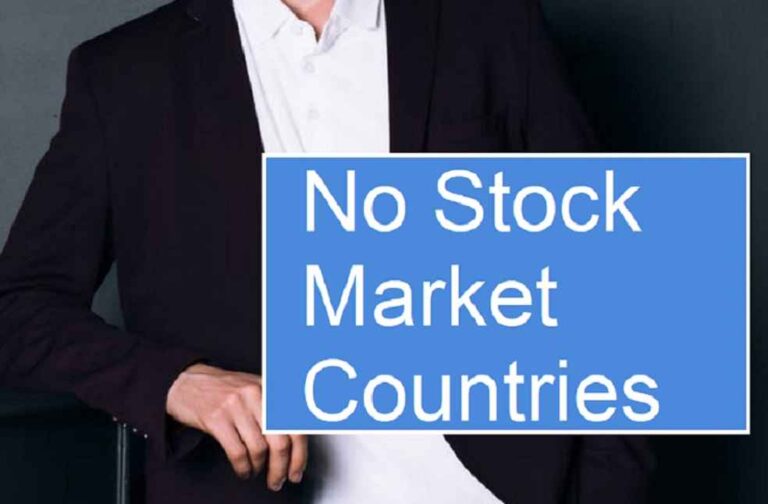A stock exchange is a marketplace where publicly traded companies can issue and trade shares of stock. These exchanges play a critical role in the global economy, providing companies with access to capital and allowing investors to buy and sell shares in these companies.
However, not every country has a stock exchange. In fact, there are many countries around the world where no formal stock exchange exists. There are a variety of reasons why this might be the case, including political instability, underdeveloped financial systems, and a lack of interest from investors and companies.
One example of a country without a stock exchange is Somalia. The country has been plagued by decades of conflict and political instability, which has made it difficult to develop a functioning financial system. As a result, most businesses in Somalia operate on a cash-only basis, and there is little opportunity for investors to buy shares in these companies.
Another example is North Korea, which is one of the most isolated and closed-off countries in the world. The country’s economy is heavily controlled by the government, and there is little opportunity for private enterprise or investment. As a result, there is no formal stock exchange in North Korea.
Other countries without stock exchanges include Cuba, Eritrea, and Afghanistan. In some cases, these countries may have informal or unregulated markets where stocks and other securities are traded, but these markets are generally small and not well-developed.
While the lack of a formal stock exchange can make it difficult for businesses in these countries to access capital, it is not necessarily a barrier to economic growth. In some cases, businesses may rely on other sources of financing, such as loans from banks or private investors. Additionally, the rise of digital platforms and other financial technologies has made it easier for businesses in these countries to access capital from investors around the world.
Overall, while stock exchanges play a critical role in the global economy, not every country has a formal exchange. Understanding the reasons behind this can provide valuable insights into the economic and political conditions of these countries, and can help investors and businesses make more informed decisions about where to invest their time and resources.
Some of the countries without a formal stock exchange:
- Somalia
- North Korea
- Eritrea
- Cuba
- Afghanistan
- Kiribati
- Marshall Islands
- Federated States of Micronesia
- Palau
- Saint Kitts and Nevis
- Saint Lucia
- Saint Vincent and the Grenadines
- Tuvalu
- Vanuatu
EDITOR’S CHOICE: 5 TECHNOLOGIES THAT ARE CHANGING THE GLOBAL TRADE



